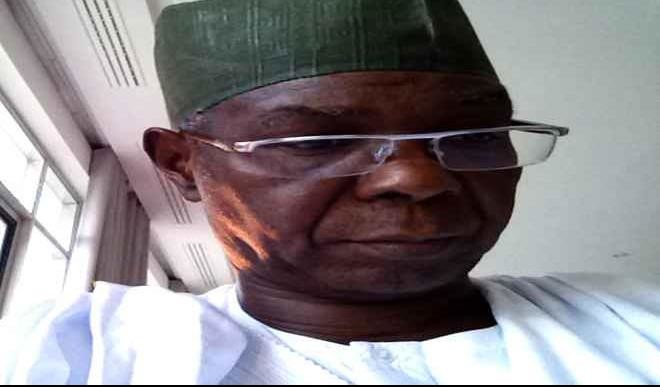‘High cost of cement contribute to building collapse in Nigeria’
The Director, Multi-Systems Consultants, Ibrahim Haruna, has blamed the rise in the price of cement as a contributory factor to the frequent building collapse being experienced in the country. Speaking at a seminar organised by the Kaduna State chapter of the Nigerian Institute of Architects (NIA) in Kaduna recently, Ibrahim said clients did not want […]


The Director, Multi-Systems Consultants, Ibrahim Haruna, has blamed the rise in the price of cement as a contributory factor to the frequent building collapse being experienced in the country.
Speaking at a seminar organised by the Kaduna State chapter of the Nigerian Institute of Architects (NIA) in Kaduna recently, Ibrahim said clients did not want to take full responsibility of engaging consultants beyond the production of drawing to supervise and ensure that contractors did the right thing.
He said, “In the past 10 years, you will find out that buildings were not collapsing in the frequency they are collapsing now: cement was not as costly as it is now. I do not believe that it is a coincidence that the rise in the number of collapsed buildings is proportionate to the rise in cement price because the higher the cost of cement, the more the contractors will want to cut on the cement of the construction, and cement is a binding element in construction.”
He frowned at contractors who always wanted to go for cheaper options, saying “such contractors are penny wise and pound foolish because they consider the cost to be very important and not the quality.”
Asked what role the Standards Organisation of Nigeria (SON) has to play at ensuring standards, he said, “SON is still hustling: talking about standards on paper is one thing, but getting it actually implemented is another.
“A foreman in Niger Republic will not want to cut on the quantity of cement in his concert mix simply because if the building collapses people are punished, but here, many of the collapses have happened, how many people have been punished; no punishment for doing the wrong thing.”
The chairman, state chapter of the institute, Ja’afaru Saidu, an architect, attributed poor design, poor construction, poor materials and insufficient cement as factors responsible for building collapse.
Estate surveyors to establish professional indemnity insurance for members
From Sunday Michael Ogwu, Lagos
The Estate Surveyors and Valuers Registration Board of Nigeria (ESVARBON) is set for the establishment of its mandatory Professional Indemnity Insurance (PII) policy for registered estate surveyors and valuers and firms.
This was disclosed by Victor Adekunle Alonge, Chairman, Professional Practice Committee (PPC) of ESVARBON, at its annual “Estate Surveyors and Valuers Assembly” held in Lagos.
Alonge said, “This policy would require that registered firms have adequate and appropriate PII in place in compliance with the requirements of the imminent update of the Rule of Conduct for firms.
